Washington D.C. — Foreign investors have expressed renewed confidence in Nigeria’s ongoing economic reforms despite current challenges, praising the country’s efforts to unify its foreign exchange markets and enhance transparency.
Speaking at the Nigeria Investors Forum held on the sidelines of the 2025 World Bank Group/IMF Annual Meetings in Washington D.C., investors commended the reform drive of the Bola Tinubu-led administration aimed at stabilizing the economy and boosting investor confidence.
Leading Nigeria’s delegation, the Central Bank Governor, Mr. Olayemi Cardoso, reaffirmed the government’s commitment to sustaining reforms that will unlock long-term investment opportunities and foster sustainable growth.
He highlighted the country’s strong economic fundamentals, including $43.4 billion in external reserves — the highest in five years, and noted that the Central Bank and the Ministry of Finance are working closely to ensure policy alignment and stability for investors.
Cardoso’s delegation included Minister of State for Finance, Dr. Doris Uzoka-Anite, whose participation underscored growing collaboration between fiscal and monetary authorities to create an enabling environment for investors.
The CBN Deputy Governor on Policy, Mr. Mohammed Abdullahi, revealed that monthly turnover in Nigeria’s forex market had surged by 56.4% to $8.6 billion in 2025, attributing it to improved inflows and policy consistency.
“Between January 2023 and July 2025, average net FX flows have doubled,” Abdullahi said, stressing that the trend reflects rising investor confidence in the market.
Also speaking, Special Adviser to the President on Finance and the Economy, Mrs. Sanyade Okoli, outlined the government’s growth targets, projecting a 7% GDP expansion by 2027–2028, driven by diversification and infrastructure investments.
“Our target is 7% by 2027-2028. The IMF recently raised its forecast to 4% growth in 2025, with projections reaching 5% the following year,” Okoli stated. She further noted that Nigeria’s dependence on oil exports had fallen to 57.5% in the first half of 2025, while oil’s share of GDP dropped to 4% from 8% in 2021.
Dr. Uzoka-Anite emphasized that the government’s collaborative approach between fiscal and monetary authorities reflects a unified resolve to attract foreign capital, deepen economic resilience, and drive sustainable development.


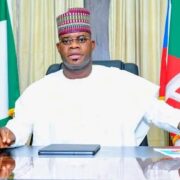

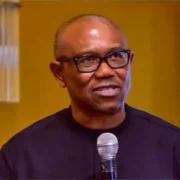

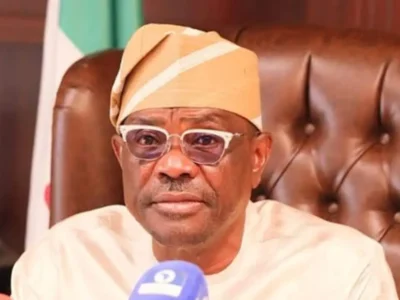
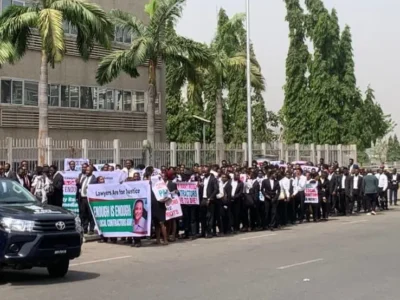
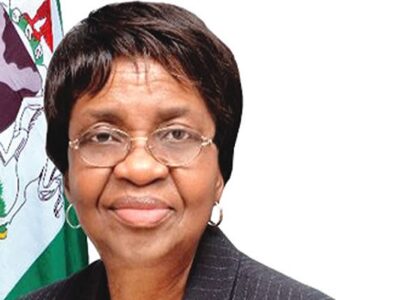
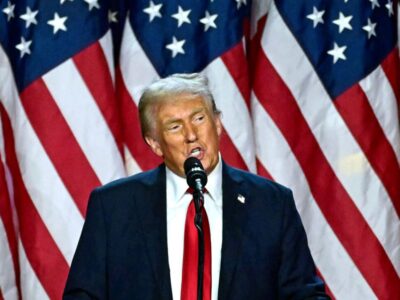









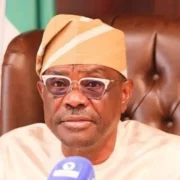
Comments